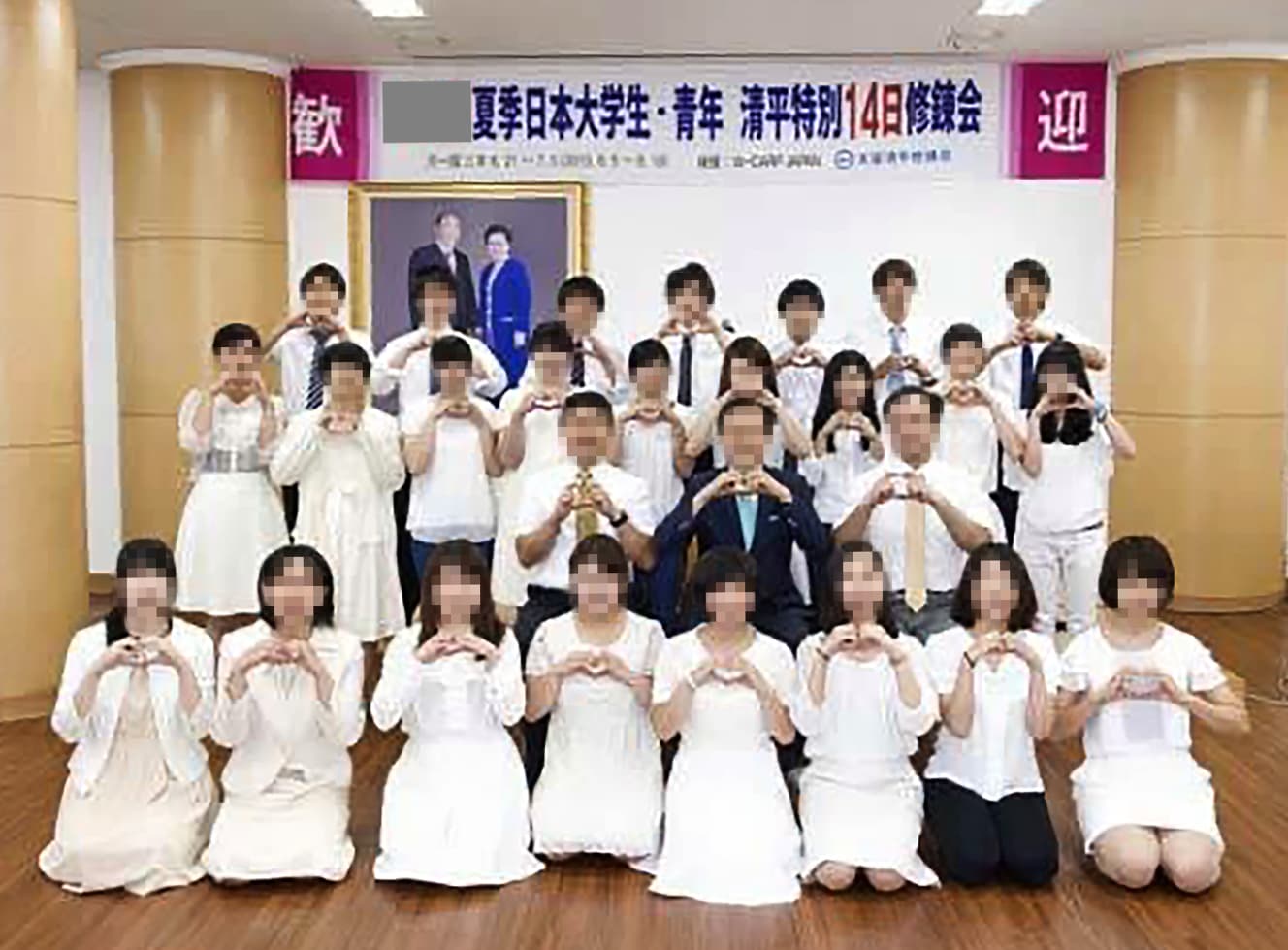In-depth interviews reveal the pathetic life of a “second-generation Unification Church member
Since the shooting of former Prime Minister Abe, many people "sympathize" with the suspect Tetsuya Yamagami. What kind of harsh circumstances awaited him after he left the association?

I think it was when I was in elementary school that I realized that my family was different from others. We had to pray for everything we did. When we woke up in the morning, before we started eating, and when we went to bed, we always prayed and prayed.
A Tokyo resident of the Unification Church (United Church of Peace and Unification in the World, referred to as the Unification Church in this report), he was a member of the Unification Church. Ms. A, a second-generation Unification Church member (a woman in her 20s), who lives in Tokyo, began her story with a tense look on her face.
As the motive for the crime, “strong resentment toward the church,” became clearer, second-generation Unification Church members began to voice their sympathy for the situation of Tetsuya Yamagami, 41, on social networking sites.
We interviewed second- and third-generation Unification Church members to find out what drove the suspect to commit such a heinous act.
Mr. A, whose story begins with his parents being followers of the Unification Church. He says he took the church’s doctrines for granted when he was a child, but when he was in elementary school, he noticed something strange.
My parents donated a lot of money to the church, and our family was very poor. I received all my school bags and uniforms from my relatives. No presents for Christmas or birthdays. I was even bullied at elementary school because of the shabby clothes I received as hand-me-downs.
The “donation system” is a source of pain for the families of believers. The cult’s leaders are still forcing believers to buy expensive vases and Bibles by telling them, “If you don’t buy this, you won’t go to heaven,” according to one source.
In addition to financial hardship, the second generation’s emotional burden began to surface during adolescence.
What I didn’t like about my mother was that she would visit the entire neighborhood to evangelize, even though I was trying my best to hide the existence of the Unification Church from her. When I talked to my parents about the bullying that was caused by poverty and evangelism, they wouldn’t take it up with me, saying, ‘It’s a test from God and it’s love. As a result of these days, in my late teens I became mentally unstable and was hospitalized. All that was in my mind was that I wanted to die.”
After his hospitalization, Mr. A gradually distanced himself from the Unification Church and eventually withdrew from the church. However, even after leaving the church, he says he continued to suffer.
To be honest, I didn’t enjoy the world after I left the church at all. I had no community outside of the church, so I lost all relationships, including my parents, and I suffered from loneliness every day.
Some second-generation Unification Church members have doubts about the church, but have not chosen to leave. Mr. B, a second-generation believer in his twenties, told us, “Parents are concerned about their children’s happiness and faith.
Parents are forcing their children to believe in the church for their happiness. So, in order to leave the church, you have to be prepared to abandon your relationship with your parents. Many people are not prepared to go that far and reluctantly stay in the church.”
Ms. B recalls that she could not even fall in love because she was a Nisei.
The children of Unification Church members married in a joint wedding ceremony are called ‘Blessed Second Generation,’ and in principle, love and marriage are only allowed between second-generation couples. According to doctrine, it is a sin to mix the “blood of the devil” with the “blood of the first generation,” which has been “purified” by marriage between the first and second generations. The love affair itself can be a source of guilt, which, along with financial difficulties, are the two biggest problems for the Nisei.
In some cases, even if one’s own parents are not believers, the mere presence of a believer in the family can cause the family to disintegrate. Ms. C., a third-generation Unification Church member in her 20s, said, “My maternal grandmother was a believer.
My maternal grandmother was the only believer. As a second-generation mother, she grew up in a family where stress was a daily occurrence. As a result, my mother was mentally unstable and repeatedly abusive toward me. In order to protect myself, I had no choice but to disassociate myself from my family.”
Yoshifumi Arita, 70, a journalist familiar with the Unification Church, sounded the alarm.
The problems of the second generation, such as poverty caused by high donations and restrictions on romantic relationships, are deep-rooted. The family of the Yamagami suspects is not special; there are many other families like them, just not as well known. Politics and government must seriously create a system to care for them.”
What is the “true family” that the Unification Church, which continues to increase the number of miserable second-generation children, is upholding?



From the August 12, 2022 issue of FRIDAY
PHOTO: Masahiro Kawayanagi (prosecution), Takehiko Kohiyama (joint wedding ceremony)